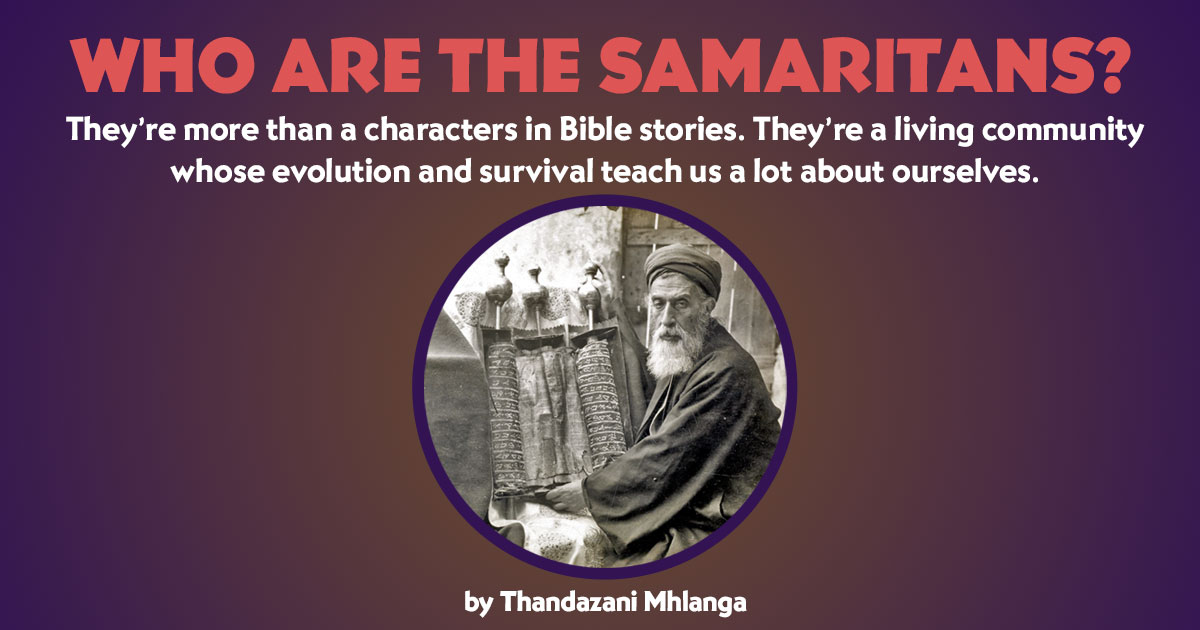Episode 3 of the Pentecost 2025 Webinar Series on Evangelism with guests; Alan Parker and Daniel Hall. For more information please check out Pentecost2025.com Music Licensed through the AudioNetwork Source: https://www.youtube.com/watch?v=QqHmZ7SDh3A
Pentecost 2025 Webinar Series Ep3 – “Organizing the Church Through Prayer” with Bill Payne
Episode 3 of the Pentecost 2025 Webinar Series on Evangelism with guest Bill Payne of the North American Division Sabbath School and Personal Ministries Department. For more information please check out Pentecost2025.com Music Licensed through the AudioNetwork Source: https://www.youtube.com/watch?v=vlqjQFkSAUo
God First: Your Daily Prayer Meeting #1194
Bible verse of the day: 1 Thessalonians 5:17 – “Pray without ceasing.” Welcome to our Daily Prayer Meeting!
This is a safe space where you are seen, heard, and prayed for. Start your day in God's presence—every day at 8AM ET, we share a short devotional from God's Word and lift your prayer requests to Him. You're not alone! Our prayer team is here to intercede with you and for you. Whether you need prayer, celebrate a breakthrough, or start your day with Jesus, you're in the right place. Share your prayer requests or testimonies of praise here: https://wkf.ms/3DBuapQ Engage with us in the comments:
• How can we pray for you today?
• Where are you watching from?
• What are you thankful for? How has God answered your prayers? Let’s grow together in faith, hope, and love—one prayer at a time. Don’t forget to subscribe and turn on notifications so you never miss a prayer. 🔔 Share this video with someone who needs hope or tag a loved one who needs encouragement today. Today’s Message: Pastor Abraham Bakari The Seventh-day Adventist Church has been an established denomination since 1863. It is a global Christian family with over 21 million members who hold the Bible as the ultimate authority. We are believers committed to helping people understand the Bible to find freedom, healing, and hope in Jesus. Want to learn more about the Seventh-day Adventist Church? Visit our website at: https://www.adventist.org/ Find us on social media by following the links below:
Facebook:
https://www.facebook.com/theadventistchurch
Instagram:
https://www.instagram.com/adventistchurch
Twitter/X: https://twitter.com/adventistchurch 👉 Want more prayer moments?
Watch our full playlist of daily prayer videos here: https://youtube.com/playlist?list=PL-k2Gb-DBYo–V8axD7iFUL6TFEckrhxv&si=vIljgfwrSZN6iJR2 Source: https://www.youtube.com/watch?v=dx8jvKVX8fc
A Once-in-a-Lifetime Opportunity to Serve
It is deeply humbling to serve in communities with limited access to medical care. While many take health services for granted, others wait months or years for the relief they desperately need. During this AWR360° medical mission, volunteers witnessed firsthand the gratitude, resilience and faith of the people they served. Experiences like these are reminders that service not only changes others, but also transforms you. Watch the entire story titled “AWR360 Health Report – Papua New Guinea” here: youtube.com/watch?v=TReLfVTuLYo&list=PLGPdsC4UKngvIjmopZVCO04npt1T3zKOR&index=7 Support AWR’s health initiatives at https://awr.is/health. #AWR360 #BroadcastToBaptism ICH54VY7LCDIUQBK Source: https://www.youtube.com/shorts/rpoONccLjKo
10: The True Joshua — It is Written — Discussions with the Author

Join It Is Written Sabbath School host Eric Flickinger and this quarter’s author, Dr. Barna Magyarosi, as they provide additional insights into this week’s Sabbath School lesson.”
 (0)
(0)10: The True Joshua – Hope Sabbath School Video Discussion
View an in-depth discussion of The True Johsua in the Hope Sabbath School class led by Pastor Derek Morris.
Click on the image below to view the video:
With thanks to Hope Channel – Television that will change your life.
 (0)
(0)Atti 4:12 – Apri la porta del tuo cuore
“In nessun altro è la salvezza; perché non vi è sotto il cielo nessun altro nome che sia stato dato agli uomini, per mezzo del quale noi dobbiamo essere salvati”. 📖 Atti 4:12
—
💌 Apri la porta del tuo cuore
🗣 Speaker: Elisa Ghiuzan Source: https://www.youtube.com/watch?v=Mjse84FCtZY
Thanksgiving All Year Long | Pr. Sujjan John
Thanksgiving All Year Long — Pr. Sujjan John THANK YOU for your continued financial support of our Media Ministries. Please donate by visiting "https://adventistgiving.org/#/org/ANB4RC/envelope/start" and select “Media Ministries”. Connect With Us
X: RemnantSDA
Facebook: RemnantSDAchurch.org
Instagram: RemnantSDAchurch Source: https://www.youtube.com/watch?v=tW-9wYcAJIk
The Truth Shall Set You Free | Matthew Rajarathinam
The Truth Shall Set You Free – Matthew Rajarathinam THANK YOU for your continued financial support of our Media Ministries. Please donate by visiting "https://adventistgiving.org/#/org/ANB4RC/envelope/start" and select “Media Ministries”. Connect With Us
X: RemnantSDA
Facebook: RemnantSDAchurch.org
Instagram: RemnantSDAchurch Source: https://www.youtube.com/watch?v=bWIZ3E5j7V0
Who Are the Samaritans?

by Thandazani Mhlanga | 2 December 2025 | When you hear the word “Samaritan,” you might think of the Samaritan woman at the well, a person with a complicated history of relationships who nonetheless experienced one of Jesus’ most personal and healing conversations. Certainly you will remember the parable of the Good Samaritan. These are […] Source: https://atoday.org/lessons-from-the-samaritans/
- « Previous Page
- 1
- …
- 121
- 122
- 123
- 124
- 125
- …
- 4858
- Next Page »

